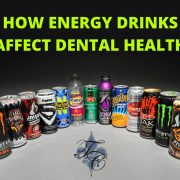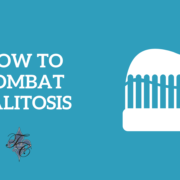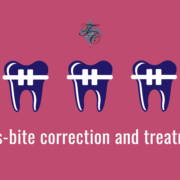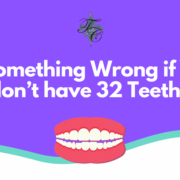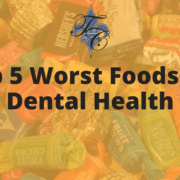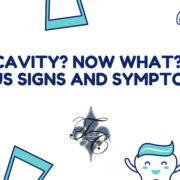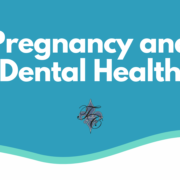5 Tips for Preventing Gum Disease
Gum disease, or periodontal disease, occurs when the tissues within the mouth become inflamed or infected.
Gum disease is generally separated into two categories: gingivitis, which refers to inflammation in the early stages of gum disease, and periodontitis, which is when damage happens to the gum tissue. While gingivitis is highly treatable if caught early, periodontitis is the leading cause of tooth loss in the adult population, making it essential to prevent gingivitis from advancing.
From leading Lafayette dentist Dr. Tim Chauvin, here’s what you need to know about gum disease and how to prevent it.
Preventing gum disease in Louisiana
Because most cases of gum disease are caused by plaque buildup, the ways we recommend to prevent it typically center around reducing or removing plaque buildup from the mouth.
Here are 5 tips you can use to prevent gum disease:
- Lessen your sugar intake. Sugar is a leading cause of tooth decay and when you consume sugary foods, the bad bacteria in your mouth multiply rapidly. Even worse, sticky candies can stay on the teeth surfaces for long periods of time, making it even more risky. Consider swapping out sugary foods and drinks for healthier choices and if you must satisfy your sweet tooth, choose items like chocolate that melt fast and won’t stick on your teeth.
- Stop smoking. Smoking, or use of any tobacco products, greatly increases your chance of developing gum disease and oral cancer. In addition, smokers have a harder time healing from dental procedures and when they get gum disease, it’s harder to treat than in non-smokers. Even if you’ve been a lifelong smoker, you can still reap many health benefits by quitting today.
- Make proper at-home dental hygiene an integral part of your routine. A solid at-home regimen is a crucial part of preventing gum disease. You should be brushing twice daily with a soft-bristled toothbrush and flossing at least once a day.
- Visit your dentist at least twice a year. Even if you’ve got no problems with your mouth, you should still go in for regular dental checkups. Your dentist and hygienist will be able to remove more plaque with their instruments than you can with your toothbrush. You will also have regular X-rays to monitor your oral health.
- Know and manage your risk factors. Managing your overall wellness is key to making sure your teeth stay healthy. Speak with your dentist about how any diseases or medications you have may affect your oral health. For example, if you’re diabetic, it’s important to keep your blood sugar well controlled so you’re not at increased risk for dental issues.
Make an appointment with Dr. Chauvin Today
Gum disease is very common and usually quite treatable. Be sure to take steps within your control to lessen your risk and see your dentist regularly to be sure your oral health is on track. Contact the highly skilled team at Chauvin Dental if you have any questions about preventing gum disease or any other oral health questions!

